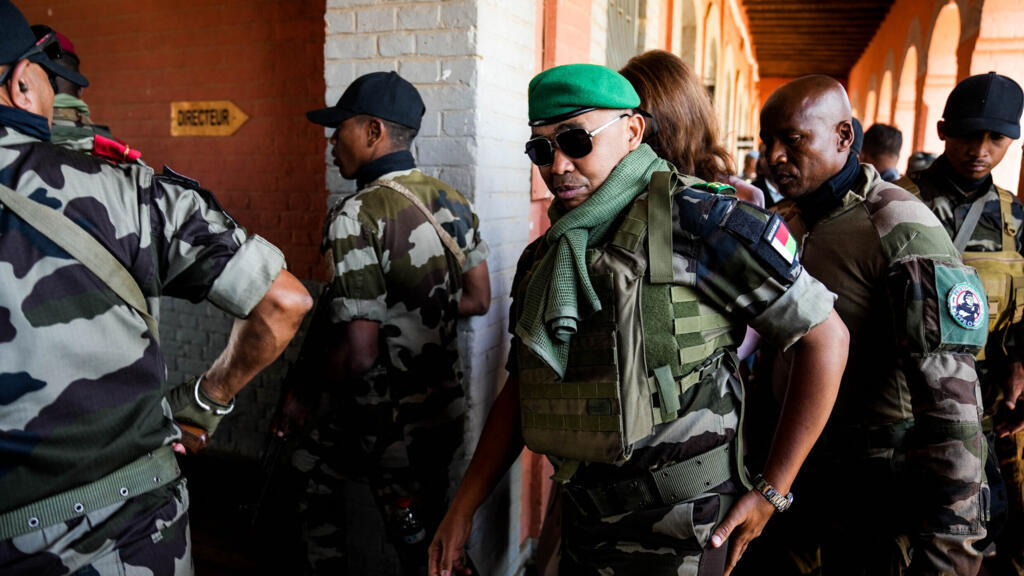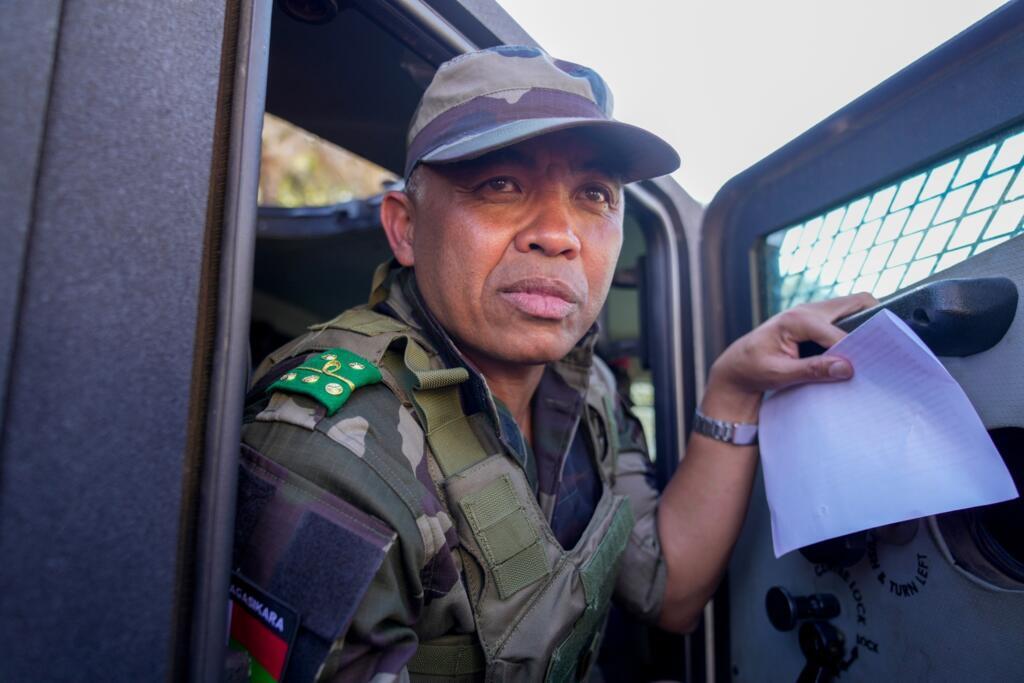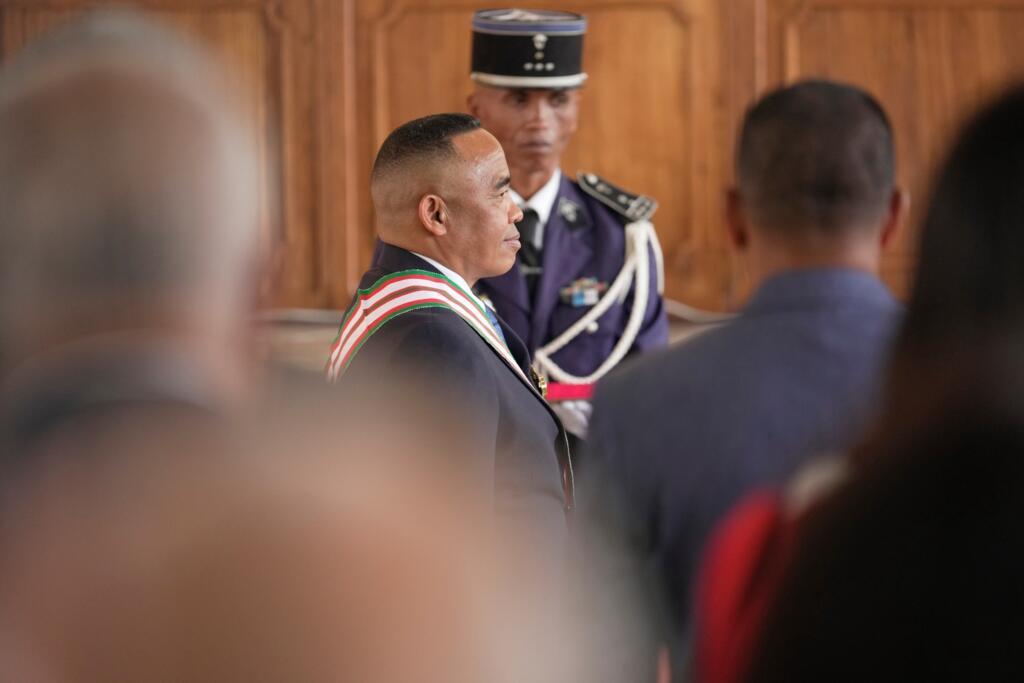
Madagascar’s new head of state is a soldier, not a seasoned politician. Propelled into power by a military mutiny that joined forces with a youth-led protest movement, Colonel Michael Randrianirina is now custodian of a fragile peace in one of the world's poorest countries.
"I am an officer, an implementer, and I was just part of the handover, that's all," Randrianirina told RFI last week. "The fact that I speak in public does not mean that I am the leader."
Since then, he has been sworn in as Madagascar's president and embraced his position at the head of a "national refoundation".
The chief of an elite military unit known as Capsat, Randrianirina helped clinch the downfall of his predecessor Andry Rajoelina when he ordered his men not to fire on young protesters frustrated with poverty, corruption and failing infrastructure.
Three days later, flanked by soldiers, he appeared in front of the former presidential palace to announce that the military was now in charge.
"I did not seize power," Randrianirina told RFI just before he took over. "I was given power. Power was transferred to me. That's different."
How Gen Z is taking the fight for their rights from TikTok to the streets
Imprisoned for instigation
Randrianirina, who is believed to be 51 years old, was born in the Androy region in the far south of Madagascar.
He trained at Antsirabe Military Academy and served as governor of Androy from 2016 to 2018. He then obtained a post as commander of an infantry battalion in the city of Toliara, some 1,000km from where he rules today in the capital.

In 2022, he was promoted to the upper ranks of Capsat – often described as Madagascar's most powerful military unit because of its position between the armed forces and political elites. The unit was instrumental in Rajoelina's ascension in 2009, when months of protests brought down then president Marc Ravalomanana.
Criticism of Rajoelina, however, led to Randrianirina's arrest for mutiny on 27 November 2023. He was charged with instigating a military mutiny and attempting a coup d'etat.
A three-month stretch followed at Tsiafahy prison before his release in February 2024 after being given a suspended sentence.
From soldier to statesman
After a return to military fatigues at the head of Capsat, Randrianirina has now slipped into the dark suit and blue tie of the international statesman.
He said he would appoint a new prime minister who will be responsible for forming a transitional government. He promised elections would follow within two years.

As for the young protesters who precipitated the upheaval, "I would like to see their representatives involved in the running of the country," Randrianirina told RFI. "I have listened to what they are saying."
He also insists he will respect the rule of law. After announcing the dissolution of several institutions, including the High Constitutional Court (HCC), he later rescinded the measures.
"To hold power, we must return to the law, respect the law and respect what the HCC decides," he told RFI.
The court, however, says that the election of a new president must be held within a maximum of 60 days – far shorter than the timeline Randrianirina has set himself.
"To organise an election, you need an electoral commission and an electoral roll that are accepted by all," he told RFI. "Do we have an electoral commission that is accepted by all? No. Do we have an electoral roll that is accepted by all? No. It takes time to set up."







